Proglumide
- CAS NO.:6620-60-6
- Empirical Formula: C18H26N2O4
- Molecular Weight: 334.41
- MDL number: MFCD00055071
- EINECS: 229-567-4
- SAFETY DATA SHEET (SDS)
- Update Date: 2024-12-18 14:07:02
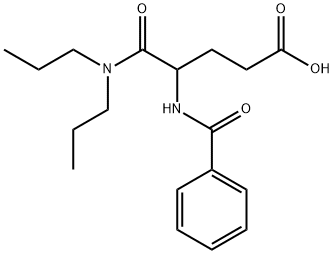
What is Proglumide?
Description
Proglumide (Milid) is a drug that inhibits gastrointestinal motility and reduces gastric secretions. It acts as a cholecystokinin antagonist, which blocks both the CCKA and CCKB subtypes. It was used mainly in the treatment of stomach ulcers, although it has now been largely replaced by newer drugs for this application.
Proglumide is a nonpeptide and orally active cholecystokinin (CCK)-A/B receptors antagonist. Proglumide selective blocks CCK’s effects in the central nervous system (CNS). Proglumide has ability to inhibit gastric secretion and to protect the gastroduodenal mucosa. Proglumide also has antiepileptic and antioxidant activities.
Chemical properties
White Solid
The Uses of Proglumide
Anticholinergic.
Definition
ChEBI: Proglumide is a racemate composed of equal amounts of (R)- and (S)-proglumide. A non-selective CCK antagonist that was used primarily for treatment of stomach ulcers, but has been replaced by newer drugs. It has a role as a drug metabolite, a xenobiotic metabolite, a cholinergic antagonist, an anti-ulcer drug, a cholecystokinin antagonist, a gastrointestinal drug, a delta-opioid receptor agonist and an opioid analgesic. It contains a (R)-proglumide and a (S)-proglumide.
brand name
Nulsa (Wallace).
Side Effects
An interesting side effect of proglumide is that it enhances the analgesia produced by opioid drugs, and can prevent or even reverse the development of tolerance to opioid drugs. This can make it a useful adjuvant treatment to use alongside opioid drugs in the treatment of chronic pain conditions such as cancer, where opioid analgesics may be required for long periods and development of tolerance reduces clinical efficacy of these drugs.
Proglumide has also been shown to act as a δ-opioid agonist, which may contribute to its analgesic effects.
Safety Profile
Moderately toxic by severalroutes. An experimental teratogen. When heated todecomposition it emits toxic fumes of NOx.
Enzyme inhibitor
This anticholinergic agent (FWfree-acid = 334.42 g/mol; CAS 6620-60-6), also known as DL-4-benzamido-N,N-dipropylglutaramic acid and 4- (benzoylamino)-5-(dipropylamino)-5-oxopentanoic acid, is a cholecystokinin receptor antagonist. Proglumide A also exerts an inhibitory effect on gastric secretion and reduces gastrointestinal motility. It finds use clinically as a therapy for gastrointestinal ulcers. Target(s): cholecystokinin receptor; gastrin receptor.
Properties of Proglumide
| Melting point: | 148-150°C |
| Boiling point: | 471.21°C (rough estimate) |
| Density | 1.1944 (rough estimate) |
| refractive index | 1.5700 (estimate) |
| storage temp. | Keep in dark place,Sealed in dry,Room Temperature |
| solubility | DMSO (Slightly), Methanol (Slightly) |
| form | Solid |
| pka | 4.51±0.10(Predicted) |
| color | Crystals |
| CAS DataBase Reference | 6620-60-6(CAS DataBase Reference) |
| EPA Substance Registry System | Pentanoic acid, 4-(benzoylamino)-5-(dipropylamino)-5-oxo- (6620-60-6) |
Safety information for Proglumide
| Signal word | Warning |
| Pictogram(s) |
 Exclamation Mark Irritant GHS07 |
| GHS Hazard Statements |
H302:Acute toxicity,oral H315:Skin corrosion/irritation H319:Serious eye damage/eye irritation H335:Specific target organ toxicity, single exposure;Respiratory tract irritation |
| Precautionary Statement Codes |
P261:Avoid breathing dust/fume/gas/mist/vapours/spray. P305+P351+P338:IF IN EYES: Rinse cautiously with water for several minutes. Remove contact lenses, if present and easy to do. Continuerinsing. |
Computed Descriptors for Proglumide
New Products
Tert-butyl bis(2-chloroethyl)carbamate (S)-3-Aminobutanenitrile hydrochloride N-Boc-D-alaninol N-BOC-D/L-ALANINOL N-octanoyl benzotriazole 4-Hydrazinobenzoic acid 3,4-Dibenzyloxybenzaldehyde 3-Nitrobenzaldehyde 1,1’-CARBONYLDIIMIDAZOLE R-2-BENZYLOXY PROPIONIC ACID 1,1’-CARBONYLDI (1,2-4 TRIAZOLE) 4-HYDROXY BENZYL ALCOHOL 3-NITRO-2-METHYL ANILINE (2-Hydroxyphenyl)acetonitrile 5-BROMO-2CYANO PYRIDINE 5,6-Dimethoxyindanone 5-broMo-2-chloro-N-cyclopentylpyriMidin-4-aMine 2-(Cyanocyclohexyl)acetic acid 4-methoxy-3,5-dinitropyridine 2-aminopropyl benzoate hydrochloride 1-(4-(aminomethyl)benzyl)urea hydrochloride tert-butyl 4- (ureidomethyl)benzylcarbamate diethyl 2-(2-((tertbutoxycarbonyl)amino) ethyl)malonate Ethyl-2-chloro((4-methoxyphenyl)hydrazono)acetateRelated products of tetrahydrofuran
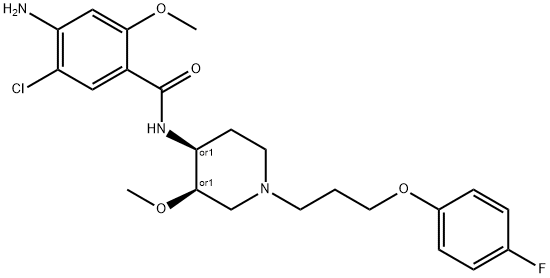
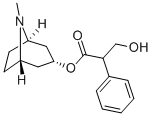

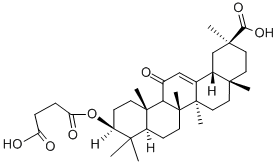
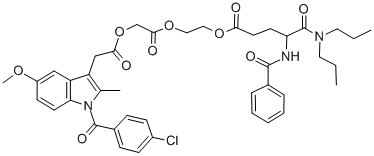
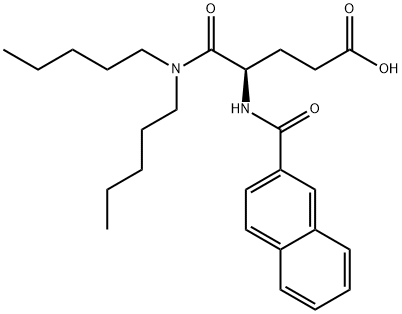
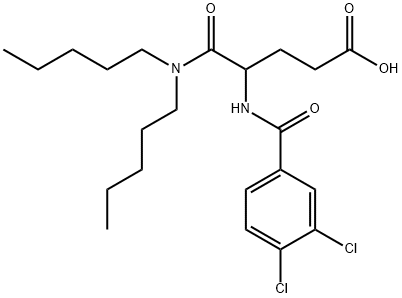
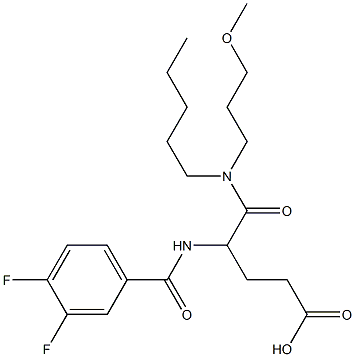
You may like
-
 873-83-6 6-Aminouracil (or) 4-Amino-2,6- dihydroxypyrimidine, (or) 6-Amino2,4-pyrimidinediol 99%View Details
873-83-6 6-Aminouracil (or) 4-Amino-2,6- dihydroxypyrimidine, (or) 6-Amino2,4-pyrimidinediol 99%View Details
873-83-6 -
 55441-95-7 99%View Details
55441-95-7 99%View Details
55441-95-7 -
 N-Vinylformamide 99%View Details
N-Vinylformamide 99%View Details
13162-05-5 -
 Chloro Uracil 1820-81-1 99%View Details
Chloro Uracil 1820-81-1 99%View Details
1820-81-1 -
 207557-35-5 99%View Details
207557-35-5 99%View Details
207557-35-5 -
 2-ethyl-6-methyl-3-hydroxypyridine succinate 99%View Details
2-ethyl-6-methyl-3-hydroxypyridine succinate 99%View Details
127464-43-1 -
 2-ETHYLPYRIDINE 100-71-0 99%View Details
2-ETHYLPYRIDINE 100-71-0 99%View Details
100-71-0 -
 181228-33-1 (S)-Methyl 3-amino-2-((tert-butoxycarbonyl)amino)propanote Hydrochloride (DAP-OMe. HCl) 99%View Details
181228-33-1 (S)-Methyl 3-amino-2-((tert-butoxycarbonyl)amino)propanote Hydrochloride (DAP-OMe. HCl) 99%View Details
181228-33-1